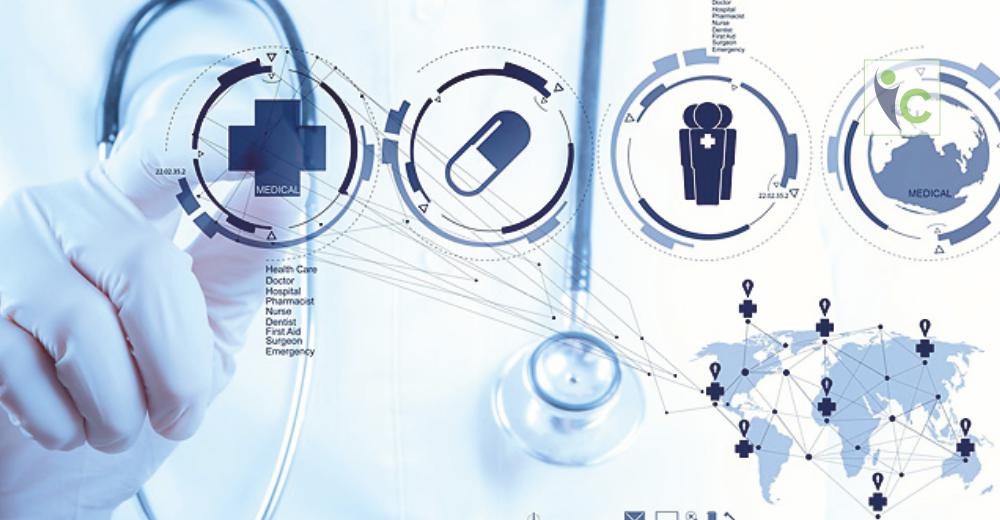Medical errors are the third leading cause of death in the U.S. A medical error is a terrible scenario that no physician ever wants to face. While most healthcare professionals and a majority of customers realize that doctors are human beings who sometimes make mistakes, most take measures to ensure accuracy in all aspects of patient care. Health information technology can help in developing patient safety, especially with processes and applications that improve a physician’s decision making, documentation, and communication.
One of the most common medical errors is that of medication. This is especially usual in patient care scenarios where multiple teams or specialists treat one patient. Wrong dosages, interactions with other drugs, or unintended prescription of the wrong drug are not as uncommon as many of us would like to think. But most of these errors can be prevented with the help of Electronic Health Record systems.
One of the biggest benefits of EHR is that it has significantly improved the understanding of health among the patients. This is due to the adoption of ‘meaningful use’ principle. It is also of crucial importance that the provider has the ability to determine whether the error took place due to an issue caused by a user or software.
EHR technologies can help prevent medical errors by highlighting potential drug interactions and adverse reactions. Today, a number of features have been integrated into EHR systems which can prompt alerts for drug-food or drug-drug interactions. Moreover, it can check for allergies, and previous documentation of adverse reactions to a particular drug thus avoiding a medical error.
The EHR database feature helps physicians and other care members to quickly research any drug, its side effects, and contraindications. Such systems often provide formularies for approved and standard dosage and administration of particular drugs.
A recent study revealed that understanding tools and options in EHR systems can reduce medication errors by over 50%. Some of these systems use the latest technology of split screens that lists pre-admission medications and compare them for potential interactions or dangerous adverse reactions with the new medications for a treatment.
Due to the rapidly evolving regulations in healthcare and the shortage of physician care in many areas, doctors are burdened to treat a greater numbers of patients in shorter time. Using paper charts would make things more difficult for any physician to keep track of the preventive care of any given patient, let alone hundreds in one geographical area.
An EHR system enables physicians to remain continuously updated regarding monitoring and follow-up care. Automated reminders for services such as mammograms, annual flu shots, and pediatric vaccinations can help reduce the number of patients. Patient’s diagnosed with chronic










